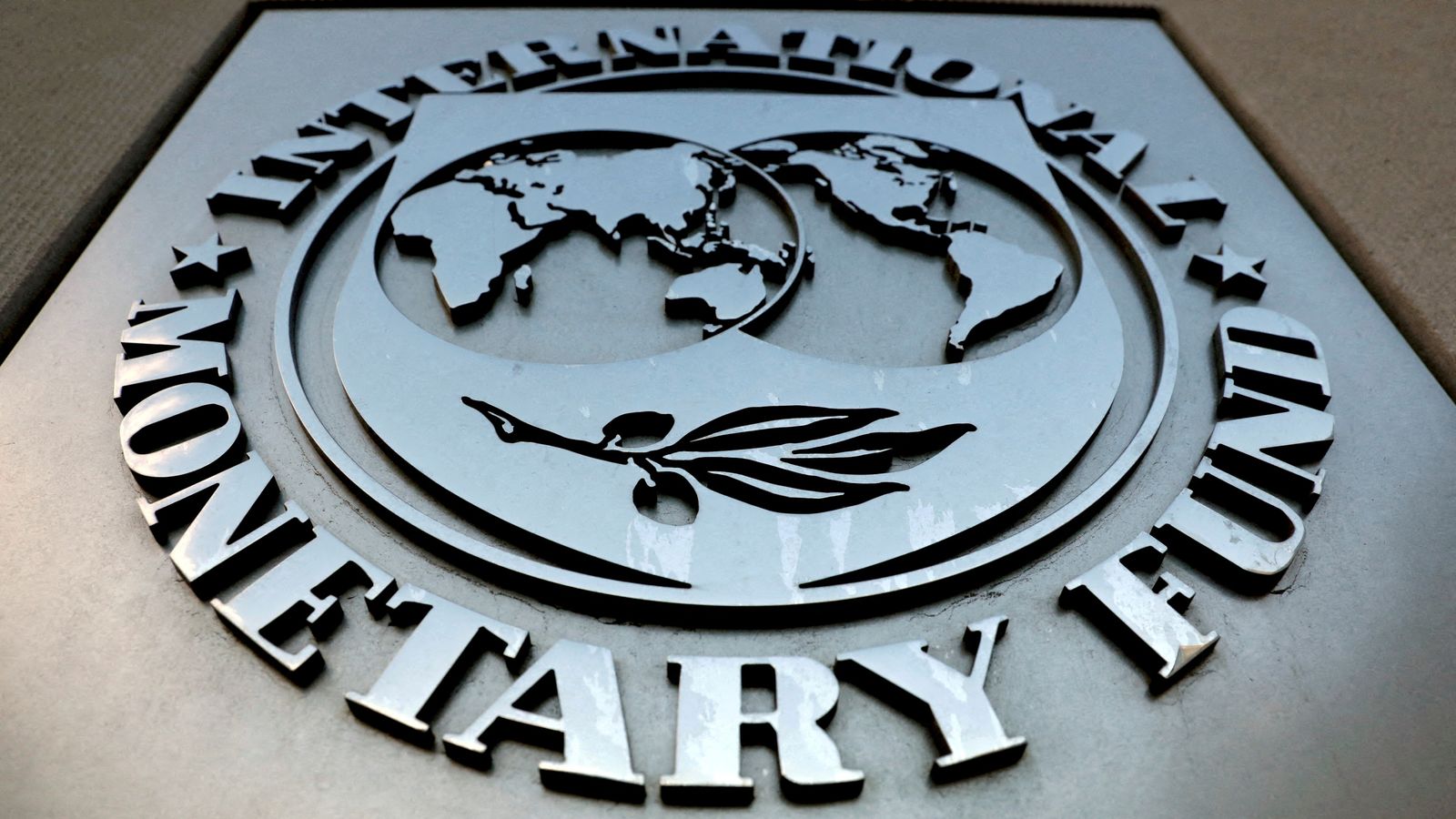
Legislation to outlaw lying in public office is not needed because there are already “high sanctions” for dishonesty, the cabinet minister in charge of cleaning up standards has suggested.
Lucy Powell, the leader of the House of Commons and chair of the new Modernisation Committee, said MPs already “aren’t allowed to lie” in parliament – pointing to the downfall of former prime minister Boris Johnson.
Politics Live: ‘More optimistic’ budget may be in store after backlash to cuts
She was speaking at a fringe event about how Labour can restore trust in politics, which has hit an all-time low in recent years.
Asked by Sky News if she would support measures promised by the Welsh government to effectively make it illegal for members to lie, Ms Powell suggested there were already sufficient rules in place in Westminster.
She said: “Members of parliament aren’t allowed to lie to parliament, and the sanctions are very high.
“The former prime minister was found to have lied, and he is no longer a prime minister or MP as a result.
“We have improved over time the rules around this and in doing that it does catch more people.”
Mr Johnson stepped down as prime minister in July 2022 following mass resignations from his government over the Chris Pincher affair.
He later quit as an MP in anticipation of the Commons inquiry into the partygate scandal, which found he knowingly lied to the House over lockdown gatherings.
Had he not quit, he would have faced a vote to suspend him as an MP, then potentially a by-election if enough of his constituents had backed a recall petition supporting one.
In July, the Welsh Labour-led parliament committed to going further with “globally pioneering legislation” which would disqualify members and candidates found guilty of deliberate deception through an independent judicial process.
Mick Antoniw, then the Welsh government’s counsel general, said the new rules would be introduced by the time of the next Senedd election in 2026, following a campaign by Plaid Cymru’s Adam Price to make it a criminal offence for politicians to lie.
It is unclear whether the Senedd’s proposed ban would make lying a criminal offence or a civil sanction, with Mr Antoniw committing to the “principle” of Mr Price’s bill.
Mr Price said he welcomed the chance to now discuss the “technical, legal and, indeed, constitutional principle” of the bill, which he called “globally pioneering”.
He added: “We now have a commitment from the government that our democracy will be the first in the world to introduce a general prohibition on deliberate deception by politicians.
“We are going to outlaw political lying.”
It followed a four-year campaign by Compassion in Politics, which wants Westminster politicians to get behind the measure. Polling conducted for the thinktank shows three-thirds of the public support a law to ban politicians from lying.
Labour vowed to clean up standards in its manifesto, and has created a new Modernisation Committee headed by Ms Powell.
The new group has committed to looking into the issue of second jobs, with MPs potentially facing a crackdown on paid media appearances, but it is not clear what other measures could be on the table.
Ms Powell told the fringe event her committee will be focused on making sure MPs turn up to parliament and are accountable to it, through things like answering written questions and compiling select committee reports on time.
Critics of criminalising lying in public office say it could threaten free speech, and it would be hard to legislate as proving intent is difficult.












